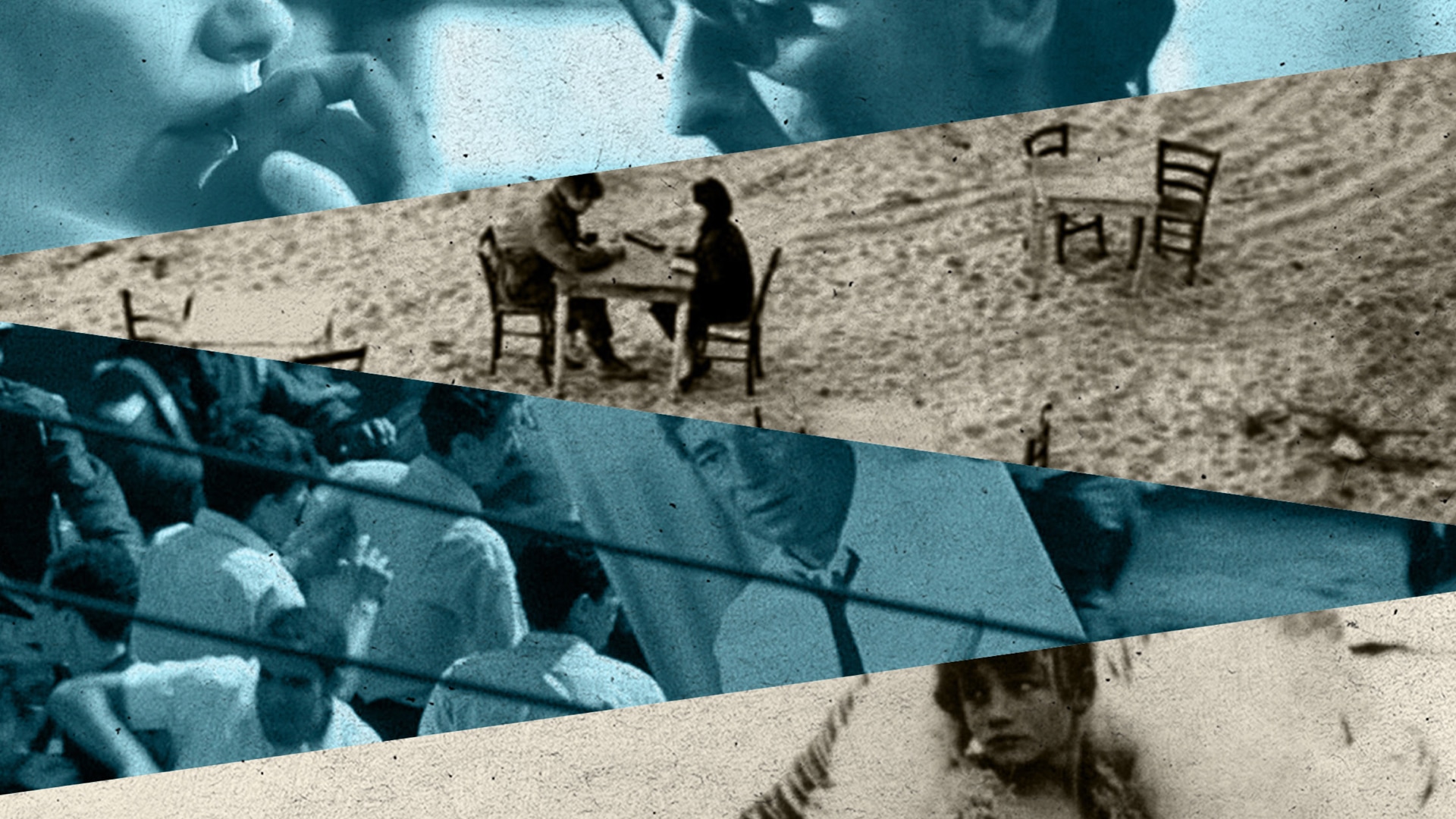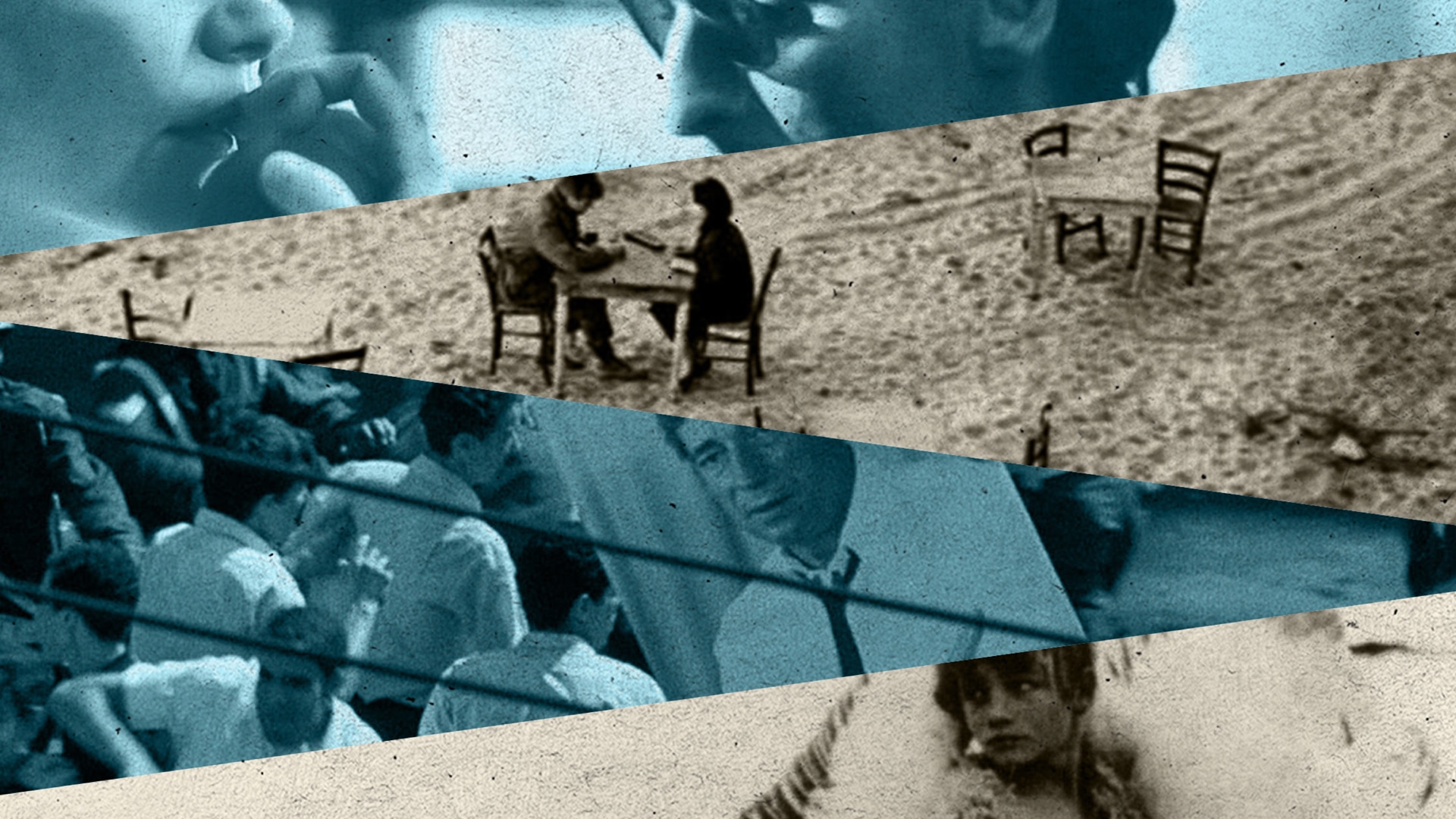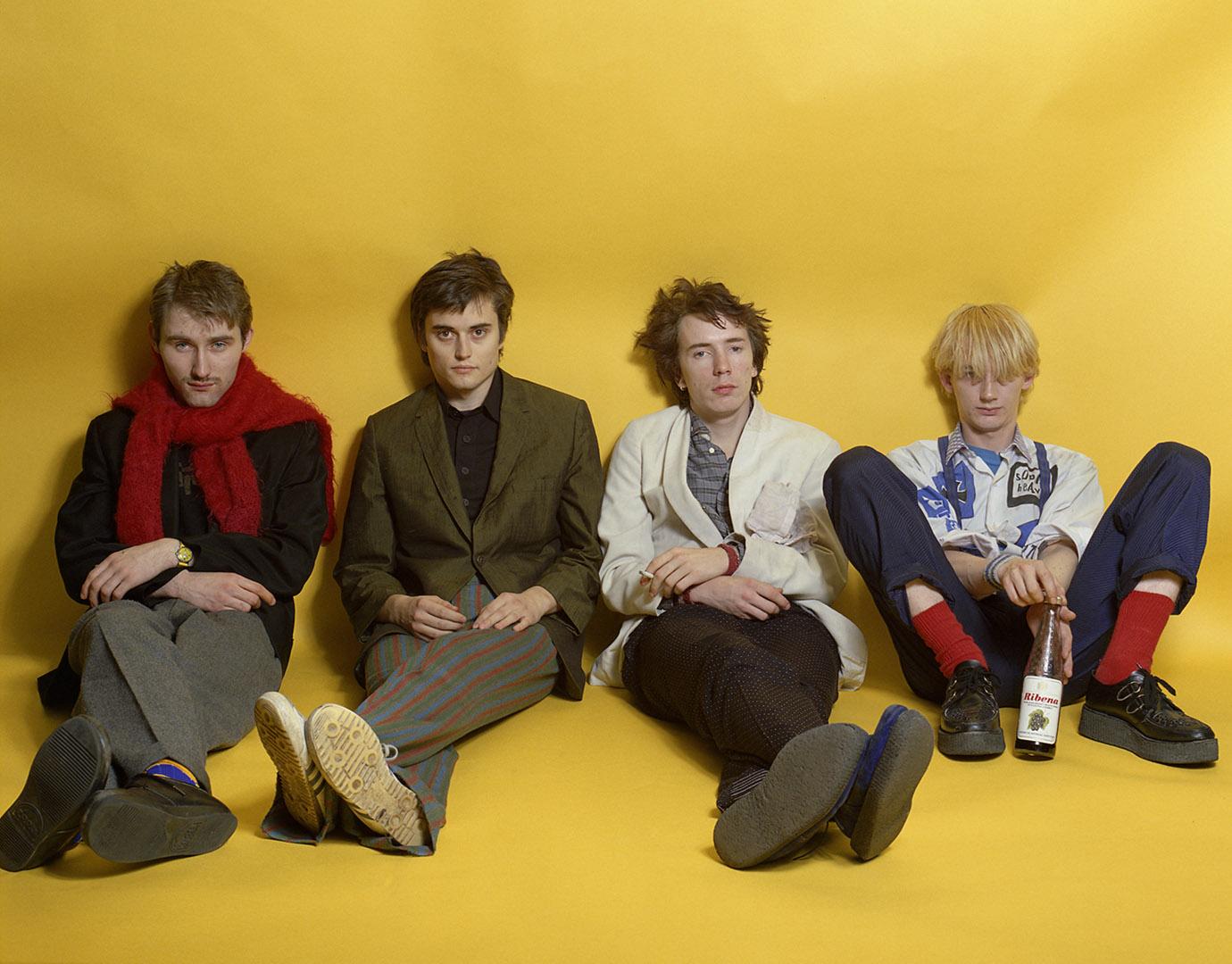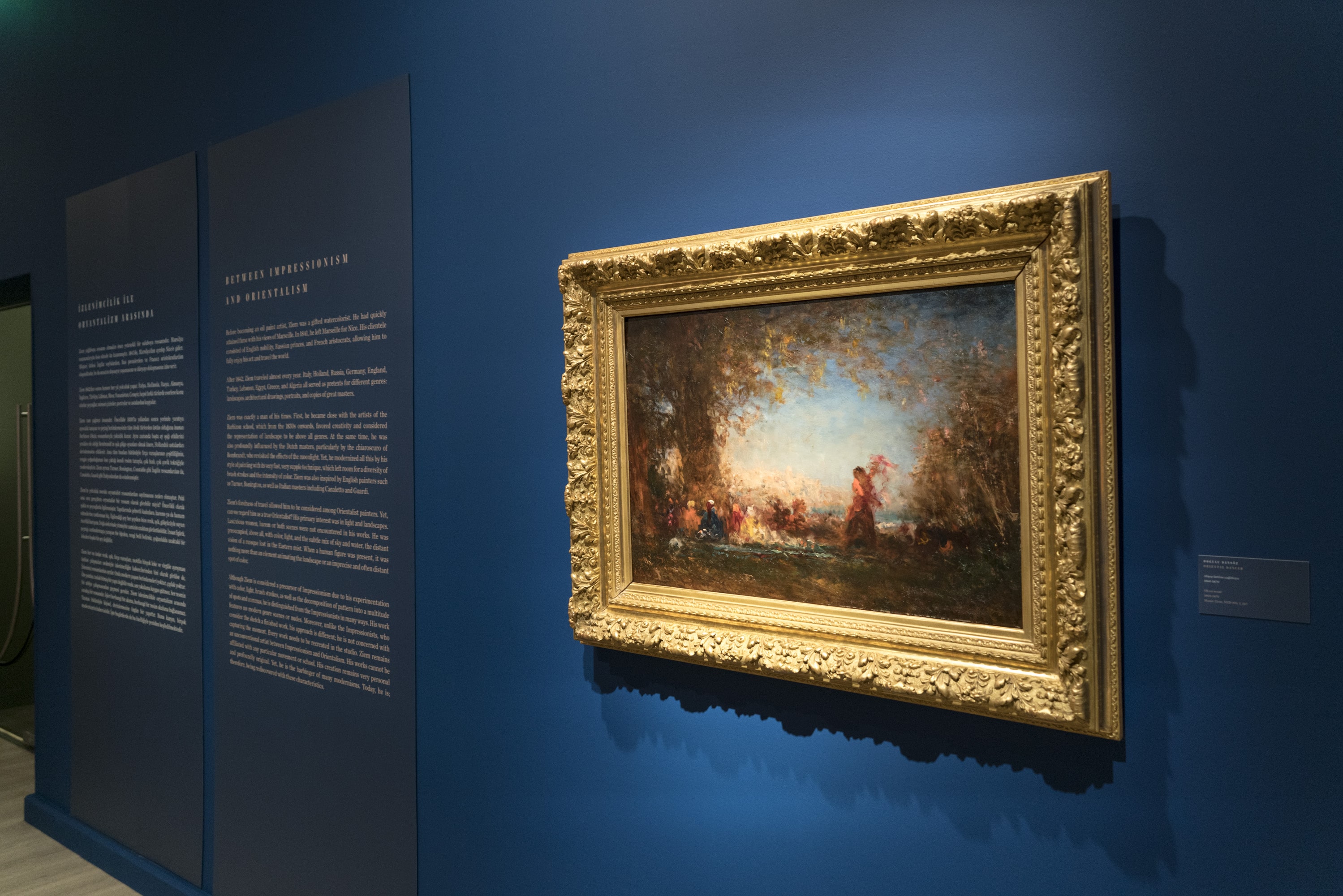Pera Film celebrates Pride Week with an online movie program. Titled Whole New World, after the famous song by SOPHIE, the trans musician who passed away in early 2021, the program will feature four movies that depict the lives of queer characters who are trying to create a whole new world at work, at home, in the streets, and everywhere they are.
Taking place between June 24 and July 15, Whole New World will feature Knives and Skin, a neo-feminist thriller where director Jennifer Reeder creates a mysterious world, accentuated by pop-song choirs, reinterpreting genre elements taken from magical realism, musical, absurd comedy and film noir; No Hard Feelings, a moving story that focuses on exploring the past and creating the future as a queer immigrant in Europe; One in a Thousand, a movie where the protagonists are caught between coming out and cyberbullying, community life and poverty, and love and violence, capturing the transition between the tenderness of childhood and the bitter reality of the adult world in a documentary feel; and finally Tracing Utopia, a documentary on where a group of teenagers discuss their ideas of a queer utopia, building online safe spaces within a popular video game and creating a manifesto for a more equal and just world where everyone can be their true self.
The program will be streamed at film.peramuzesi.org.tr between June 24 and July 15, and only be accessible to online audiences in Turkey. As per legal regulations, all our screenings are restricted to persons over 18 years of age, unless stated otherwise.
Program Trailer
Pera Film celebrates Pride Week with an online movie program. Titled Whole New World, after the famous song by SOPHIE, the trans musician who passed away in early 2021, the program will feature four movies that depict the lives of queer characters who are trying to create a whole new world at work, at home, in the streets, and everywhere they are.

Four panelists, Ms. Athena Kalkopoulou, Ms. Antigoni Rota, and Ms. Afroditi Nikolaidou, present to the participants a clear picture on today’s state of filmmaking in Greece, the industry’s structure, the national policies undertaken to boost and enable film production, to challenge the market demands etc.

Four panelists, Ms. Athena Kalkopoulou, Ms. Antigoni Rota, and Ms. Afroditi Nikolaidou, present to the participants a clear picture on today’s state of filmmaking in Greece, the industry’s structure, the national policies undertaken to boost and enable film production, to challenge the market demands etc.

Canadian artist Marcel Dzama shares five albums he listened to most frequently while preparing his exhibition Dancing with the Moon at Pera Museum. Spanning from post-punk depths to subtle folk tones, this list offers a glimpse into the sounds that shape his visual world.

Pera Museum presents an exhibition of French artist Félix Ziem, one of the most original landscape painters of the 19th century. The exhibition Wanderer on the Sea of Light presents Ziem as an artist who left his mark on 19th century painting and who is mostly known for his paintings of Istanbul and Venice, where the city and the sea are intertwined. Through the exhibition, we will be sharing detailed information about the artist and the artworks.
Tuesday - Saturday 10:00 - 19:00
Friday 10:00 - 22:00
Sunday 12:00 - 18:00
The museum is closed on Mondays.
On Wednesdays, the students can
visit the museum free of admission.
Full ticket: 300 TL
Discounted: 150 TL
Groups: 200 TL (minimum 10 people)